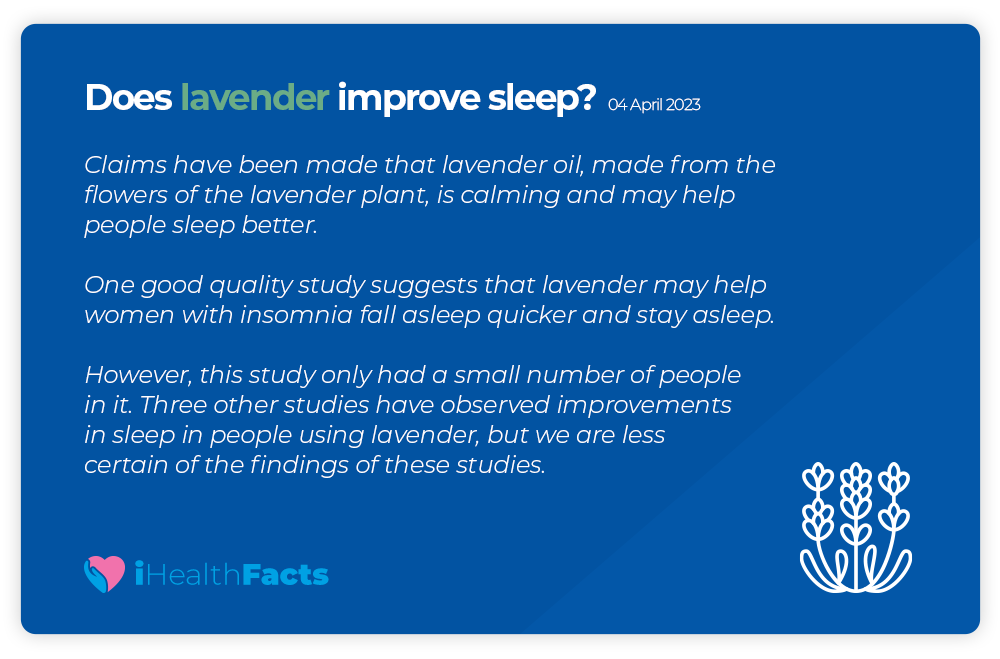- Lead Researcher: Dr. Paula Byrne, Senior post-doctoral researcher, iHealthFacts, Evidence Synthesis Ireland and Cochrane Ireland, College of Medicine, Nursing and Health Sciences, University of Galway.
- Reviewed by: Prof Declan Devane, Professor of Health Research Methodology, Deputy Dean, College of Medicine, Nursing and Health Sciences, University of Galway,
- Scientific Director, HRB-Trials Methodology Research Network Director, Evidence Synthesis Ireland. Director, Cochrane Ireland
- Topic advisor: Prof. Susan M. Smith, Professor of General Practice, Discipline of Public Health and Primary Care, Trinity College Dublin and General Practitioner in Inchicore Family Doctors, Dublin 8.
- Public and Patient advisor: Deirdre Mac Loughlin, Public and Patient Involvement in research (PPI) advisor, PPI Ignite, University of Galway.
- Journalist Advisor: Dr. Claire O’Connell, PhD in cell biology, Masters in Science Communication. Contributor to The Irish Times, writing about health, science and innovation.
Conflict of Interest Statement: The authors have no financial or other conflicts of interest for this health claim summary.
